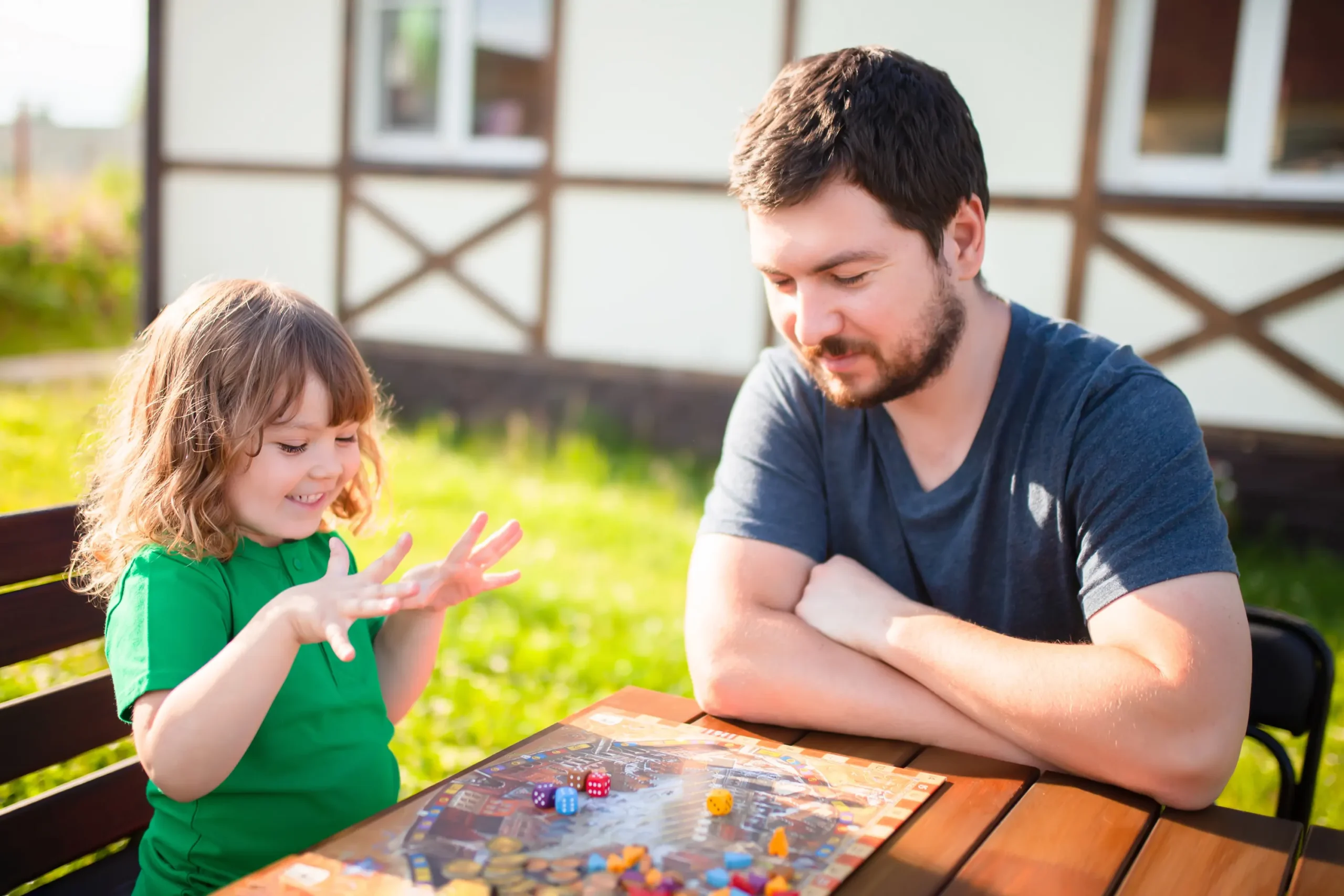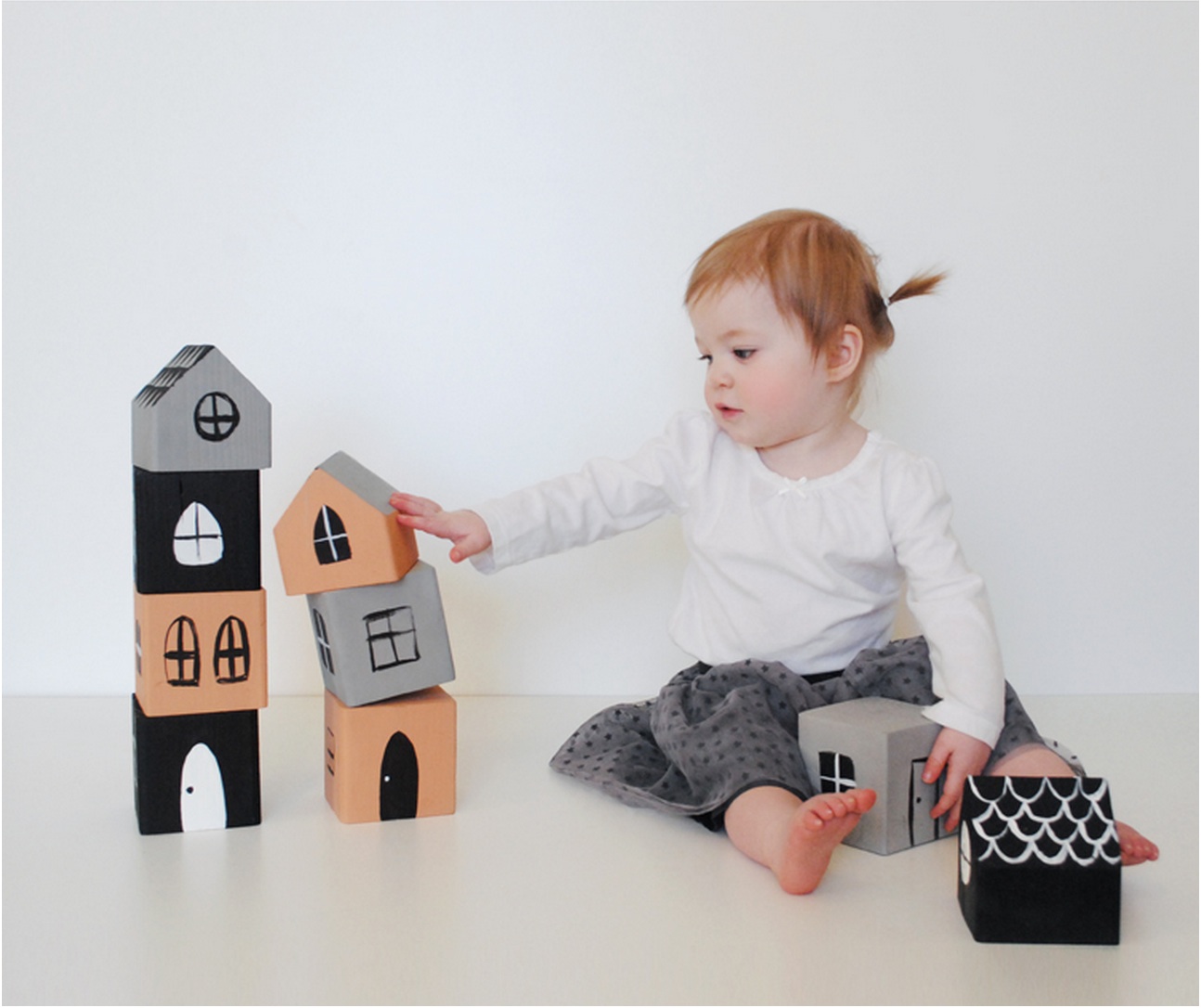
Building Bonds: Nurturing Stronger Sibling Relationships
Sibling relationships are the cornerstone of family dynamics, shaping the emotional landscape of children’s lives. Within the fabric of these relationships exists a tapestry woven with shared experiences, moments of joy, occasional disagreements, and the precious bond that ties siblings together. While sibling rivalry may be a familiar aspect of growing up, fostering stronger relationships between brothers and sisters lays the foundation for enduring connections steeped in understanding, empathy, and unwavering support.
In this comprehensive guide, we explore effective strategies and invaluable insights aimed at nurturing robust sibling connections within your family. Beyond navigating moments of rivalry, these strategies aim to cultivate an environment where siblings not only coexist but thrive in a bond built on respect, cooperation, and mutual appreciation. Understanding the dynamics of sibling relationships and implementing constructive approaches can significantly impact children’s emotional well-being, social skills, and their ability to forge lasting relationships in the future.
Understand the Nature of Sibling Rivalry
Sibling rivalry is a common occurrence characterized by competition, jealousy, and occasional conflict between brothers and sisters. Recognizing that rivalry is a natural part of sibling dynamics allows parents to address it constructively.
Promote Positive Interactions
Encourage positive interactions between siblings by providing opportunities for shared experiences and activities they both enjoy. Engaging in hobbies, playing games, or undertaking projects together fosters teamwork and strengthens their bond.
Foster Individual Identities
Respect each child’s individuality and avoid comparisons. Celebrate their unique strengths, interests, and accomplishments, ensuring that neither sibling feels overshadowed or undervalued.
Teach Conflict Resolution Skills
Empower your children with effective conflict resolution strategies. Encourage open communication, active listening, and compromise, teaching them to resolve conflicts peacefully and find mutually beneficial solutions.
Model Positive Behavior
Be a role model for healthy conflict resolution and positive communication within the family. Show respect, patience, and empathy in your interactions with each child, demonstrating constructive ways to navigate disagreements.
Avoid Taking Sides
Refrain from favoritism or taking sides during conflicts. Instead, focus on understanding both perspectives and guiding your children towards finding a resolution that respects each other’s feelings.
Create a Culture of Appreciation
Encourage siblings to express appreciation for each other. Implement practices such as sharing gratitudes during family discussions or celebrating each other’s achievements, reinforcing a sense of support and admiration.
Set Clear Boundaries
Establish clear rules and boundaries regarding acceptable behavior and conflict resolution. Consistent guidelines help create a harmonious environment and reduce potential triggers for rivalry.
Foster Individual Time and Space
Recognize the importance of individual time and space for each child. Allow them to pursue activities or hobbies independently, respecting their need for personal time.
Encourage Empathy and Understanding
Cultivate empathy by encouraging siblings to understand each other’s feelings and perspectives. Encouraging empathy helps build compassion and strengthens their bond.
Acknowledge and Validate Feelings
Acknowledge the emotions and feelings of each child. Validating their feelings and helping them articulate their emotions fosters emotional intelligence and reduces pent-up frustration.
Facilitate Conflict-Free Communication
Encourage open dialogue between siblings by establishing regular family meetings or discussion sessions where they can express concerns, share experiences, and resolve conflicts in a safe space.
Celebrate Sibling Unity
Celebrate the moments of unity and cooperation between siblings. Highlighting positive interactions reinforces the value of their relationship and encourages further collaboration.
Nurture a Lifelong Connection
Emphasize the importance of sibling relationships as lifelong connections filled with love, support, and understanding. Instill in your children the significance of their bond beyond childhood.
In conclusion, fostering stronger sibling relationships involves nurturing an environment of mutual respect, understanding, and shared experiences. By implementing strategies that promote positive interactions, effective communication, and conflict resolution skills, parents can guide their children towards building enduring bonds that transcend rivalry and evolve into lifelong connections based on mutual respect and love.




